 We all know that from time to time accidents happen; perhaps someone spills a glass of wine (hopefully not red!) or smashes a glass fresh from the dishwasher. We can accept those and understand that accidents happen to the best of us. However what if someone were to cause malicious damage to your holiday home? Whether the malicious damage is caused by a paying guest or a trespasser, you’ll be faced with making repairs before your next guests arrive.
We all know that from time to time accidents happen; perhaps someone spills a glass of wine (hopefully not red!) or smashes a glass fresh from the dishwasher. We can accept those and understand that accidents happen to the best of us. However what if someone were to cause malicious damage to your holiday home? Whether the malicious damage is caused by a paying guest or a trespasser, you’ll be faced with making repairs before your next guests arrive.
Do you know where you stand and what you need to do when it comes to your insurance?
What is malicious damage?
In the insurance industry, the term ‘malicious damage’ generally refers to any damage caused to your property on purpose. There is a clear distinction between this and ‘accidental damage’, in that the damage caused has to be proven as being deliberate, rather than just an accident (for example spilling wine after tripping or smashing a glass that slipped through the hands).
Check your holiday home insurance policy
As specialists in holiday home insurance, our aim is to always give our policy holders the right cover so that should something happen, you know you’re not going to be left significantly out of pocket.
Malicious damage is covered under our policy as standard but is not by all policies on the market, so if you’re not currently insured with us, it’s worth checking your own documents.
The financial implications of your holiday letting property suffering malicious damage can be far reaching. In addition to repairing the material damage to your buildings and / or contents you may also suffer loss of rental income.
What do you do if you think someone has deliberately damaged your property?
Step 1
The first step to take would be to contact the police as soon as reasonably possible so the incident can be investigated. Take photos of the damage as this will assist your insurers with your claim. You also need to let your insurer know about the incident at this point by reporting the claim. If the damage is significant your insurers will appoint a loss adjuster to help settle your claim and appoint contractors to make repairs.
Step 2
Once your insurer is aware of the incident, it’s important that you forward them all communication and documentation surrounding it as soon as it comes through (including any knowledge of any impending prosecution or enquiry in connection with the event), as well providing them with any further information they request in order to process your claim.
The importance of being proactive
Although we’ve outlined the initial steps to take if you feel that your property has been damaged on purpose, it’s worth reiterating that before ever needing to take these steps, you should make sure you understand your insurance policy and what is covered within it.
If you haven’t already, search your policy document for the term ‘malicious’ to ensure you know what’s covered and what isn’t before you need to rely on it.
For more information on specialist insurance cover for your holiday home please give our experienced team a call on 01237 429444.
*This blog post is only intended as an introduction to malicious damage cover. Please always refer to your insurance policy to gain a full understanding of your current level of cover.


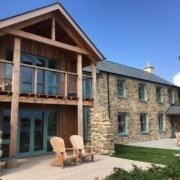 Boshers Ltd
Boshers Ltd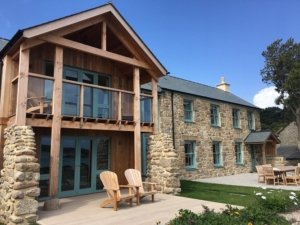 Having the right insurance cover will help you
Having the right insurance cover will help you 
 Times they are a changing, and never has that been truer than in the area of negative feedback and guest complaints. Where people would in times gone by leave their feedback in a comment book placed within your holiday home and raise any issues over the phone during their stay, these comments and issues are now often left online once they get home for the world to see.
Times they are a changing, and never has that been truer than in the area of negative feedback and guest complaints. Where people would in times gone by leave their feedback in a comment book placed within your holiday home and raise any issues over the phone during their stay, these comments and issues are now often left online once they get home for the world to see.
 As a
As a 
 More than 400 million people login to the photo sharing app
More than 400 million people login to the photo sharing app 
 Whether your family friendly
Whether your family friendly 
 With spring and summer ahead, it will be natural for
With spring and summer ahead, it will be natural for 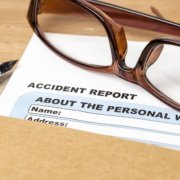
 Accidents happen, and whilst
Accidents happen, and whilst 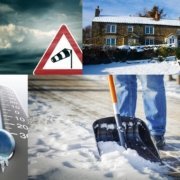
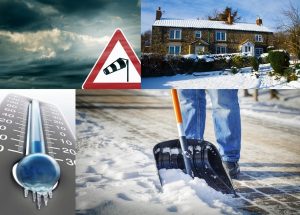 These essential
These essential 
 Preventing damage from water leaks
Preventing damage from water leaks